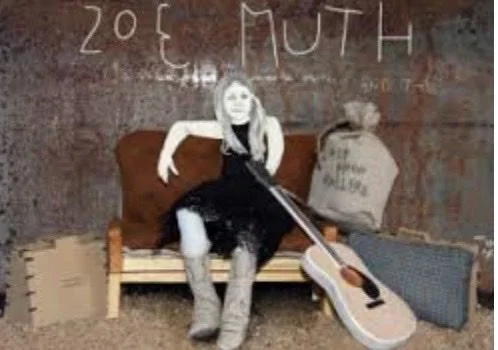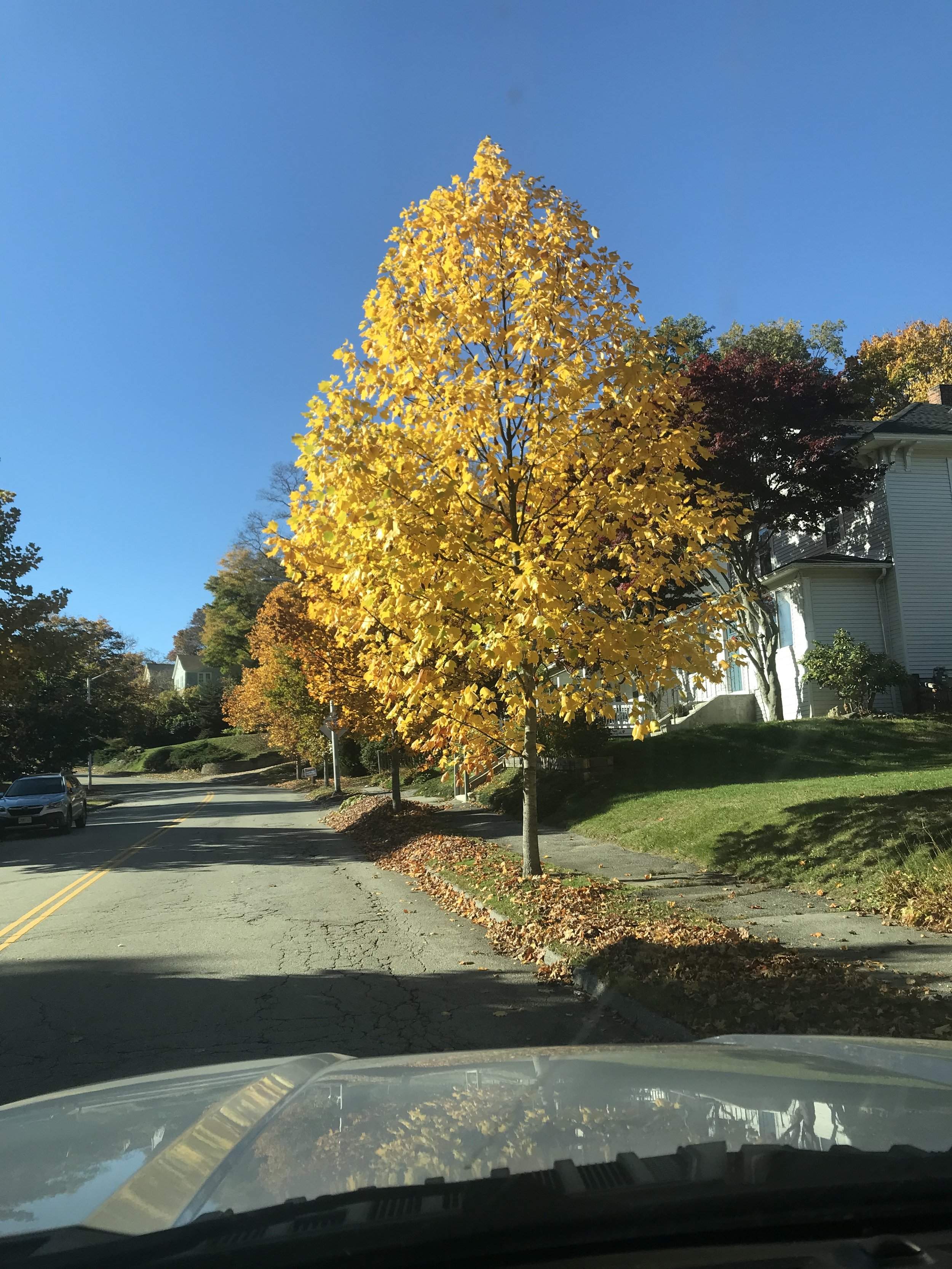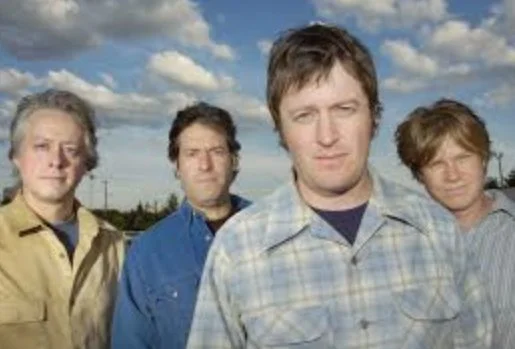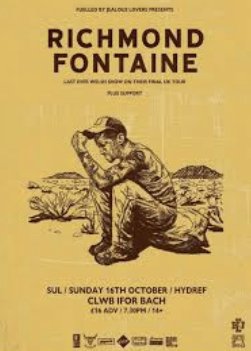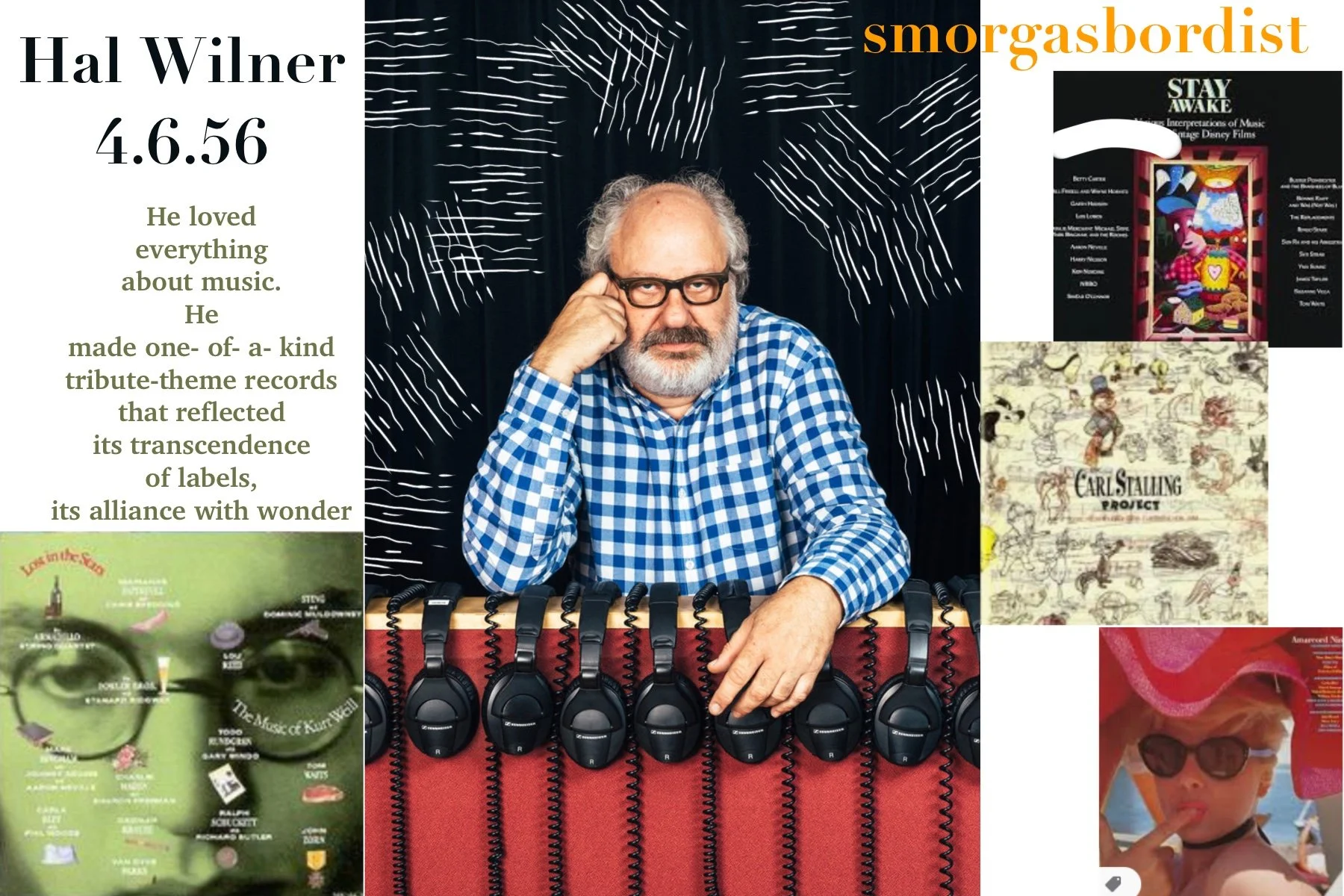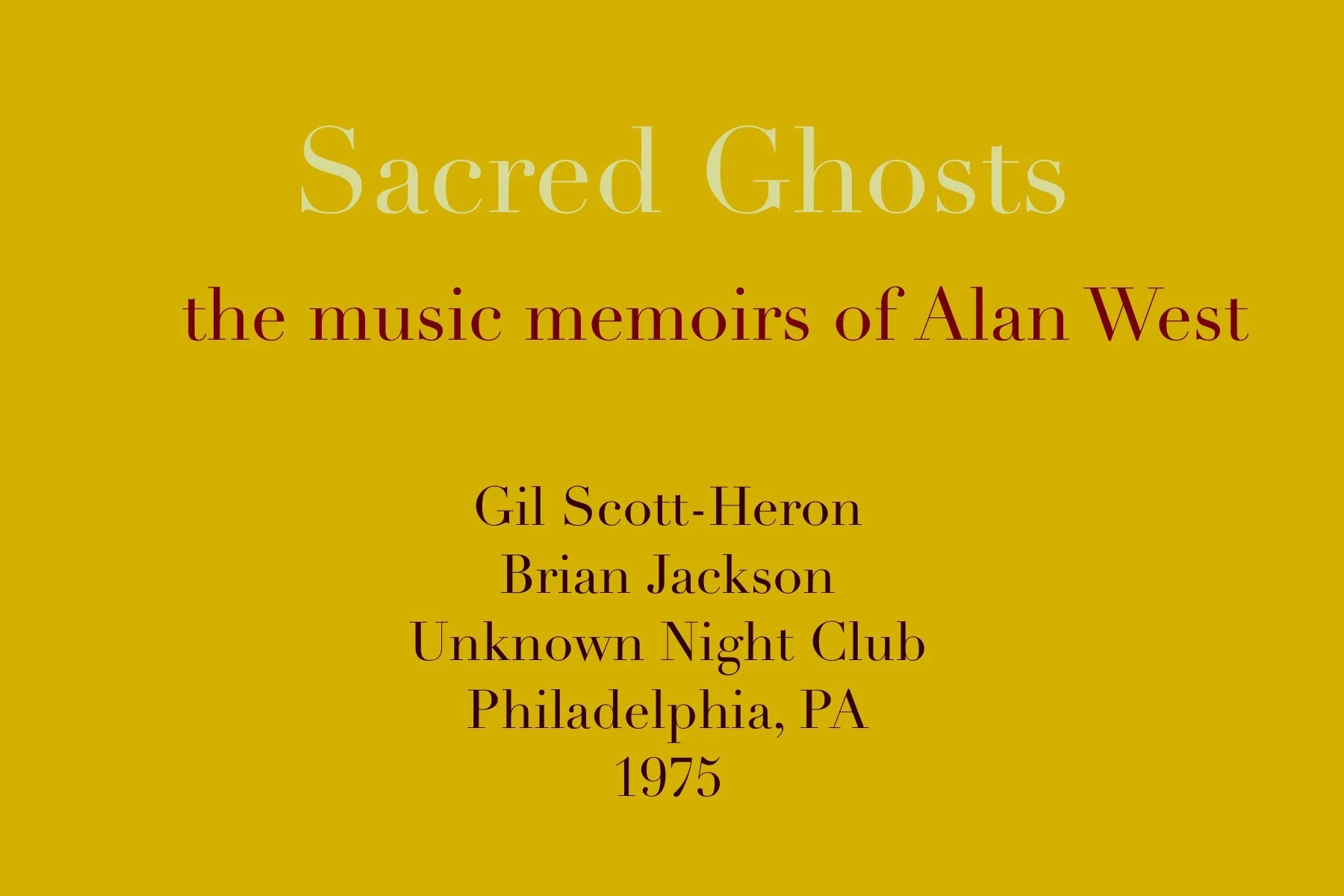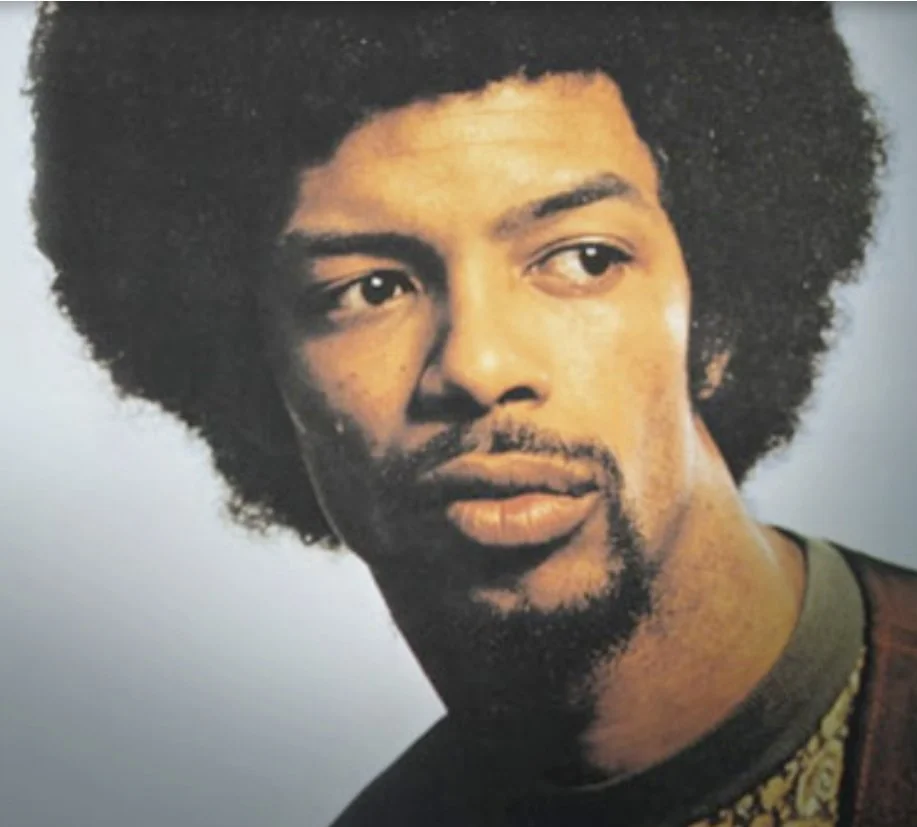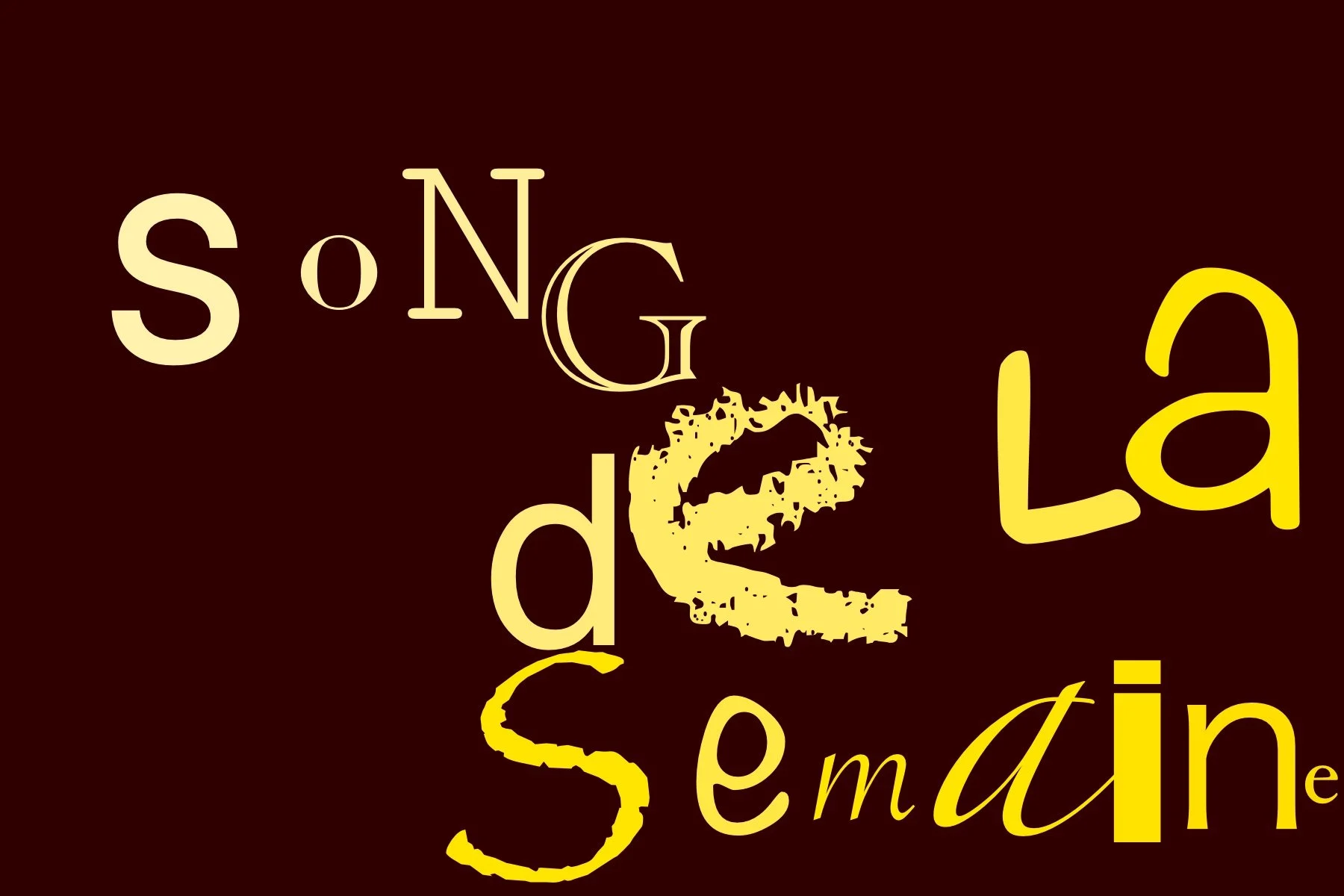Zoe Muth, a neglected chronicler from Seattle, now in Austin.
The band Richmond Fontaine doesn’t exist anymore except of course in recorded posterity. Mainly the brainchild of Willy Vlautin, the third from the left. Their song material vered decidedly into the soap opera side of town. In so doing, they piled on expert portions of country rock in the best traditions of the Byrds and Flying Burrito Brothers with a heaping, steaming, listing, gangling dose of problems, problems, problems. Best served with their original, crescendoing, punkish tension. Visit “Four Walls.”
But it’s their instrumentals that got me! Great ones punctuate their records.
So Richmond Fontaine. You won’t be sorry putting them into your study group.
Mr. Wilner’s fab tribute record to Thelonious Monk, from 1984.
A new Bill Frisell record comes out soon with this gem out front to entice!
Ken Nordine, the humane narrator of maxi largess, collaborating with the illustrator Maurice Sendak for Sesame Street. A marriage made in with cosmic healing in mind.
“Gil Scott-Heron
Brian Jackson
Unknown Nightclub Philadelphia, PA
1975
After seeing the famous Last Poets perform at Lincoln University and asking one of the members if he could start a group like them, Scott-Heron began recording. His most well known piece, “The Revolution Will Not Be Televised.” was written in 1968 (was he was 19) as a spoken word poem, and released in 1970 on a small label. In the liner notes to this record, Scott-Heron acknowledged as influences Richie Havens, John Coltrane, Otis Redding, Jose Feliciano, Billie Holiday, Langston Hughes, Malcolm X, Huey Newton, Nina Simone, and long-time collaborator Brian Jackson. Five years later at a small nightclub (whose name escapes me) in Philadelphia I had the pleasure of seeing him and Brian Jackson in what was possibly their prime.
By 23 in 1972, Gil Scott-Heron had written two novels, recorded three albums, and released a book of poems, earning him a substantial following. His music was considered by many to be a precursor of rap, influencing many who would go on to make hip-hop and rap music into a worldwide medium of social expression. Scott-Heron’s music was imbued with social consciousness and oozed revolution, providing a perfect soundtrack for the tumultuous years of the early 1970s. Listening to songs such as “Whitey’s on the Moon,” which covers his unhappiness at having his taxes dedicated to bringing “whitey” to the moon while Black Americans are held captive in poverty due to racist government policies; and “Billy Green is Dead,” which details the impact of heroin on the black community; one gets a sense of the times that he wrote, recorded, and lived in. Today with wealthy “Whiteys” Branson, Bezos and Musk enjoying their own space tourism fantasies, the song has had a bit of a remembrance.
Gil Scott-Heron died on May 27, 2011, but his work remains as a testament to a revolutionary era in the history of the African-American people. The saddest part is that there has been so little change in fifty years.
Writing of Scott-Heron’s collaboration with Brian Jackson, critic Greg Kot said, “Together they crafted jazz-influenced soul and funk that brought new depth and political consciousness to ‘70s music alongside Marvin Gaye and Stevie Wonder. In classic albums such as ‘Winter in America’ and ‘From South Africa to South Carolina,’ Scott-Heron took the news of the day and transformed it into social commentary, wicked satire, and proto-rap anthems. He updated his dispatches from the front lines of the inner city on tour, improvising lyrics with an improvisational daring that matched the jazz-soul swirl of the music”.”
“From the Indians who welcomed the pilgrims
And to the buffalo who once ruled the plains
Like the vultures circling beneath the dark clouds
Looking for the rain
Looking for the rain
Just like the cities staggered on the coastline
Living in a nation that just can’t stand much more
Like the forest buried beneath the highway
Never had a chance to grow
Never had a chance to grow
And now it’s winter
Winter in America
Yes and all of the healers have been killed
Or sent away, yeah
But the people know, the people know
It’s winter
Winter in America
And ain’t nobody fighting
’Cause nobody knows what to save
Save your soul, Lord knows
From Winter in America
The Constitution
A noble piece of paper
With free society
Struggled but it died in vain
And now Democracy is ragtime on the corner
Hoping for some rain
Looks like it’s hoping
Hoping for some rain
And I see the robins
Perched in barren treetops
Watching last-ditch racists marching across the floor
But just like the peace sign that vanished in our dreams
Never had a chance to grow
Never had a chance to grow
And now it’s winter
It’s winter in America
And all of the healers have been killed
Or been betrayed
Yeah, but the people know, people know
It’s winter, Lord knows
It’s winter in America
And ain’t nobody fighting
Cause nobody knows what to save
Save your souls
From Winter in America
And now it’s winter
Winter in America
And all of the healers done been killed or sent away
Yeah, and the people know, people know
It’s winter
Winter in America
And ain’t nobody fighting
Cause nobody knows what to save
And ain’t nobody fighting
Cause nobody knows, nobody knows
And ain’t nobody fighting
Cause nobody knows what to save
”
